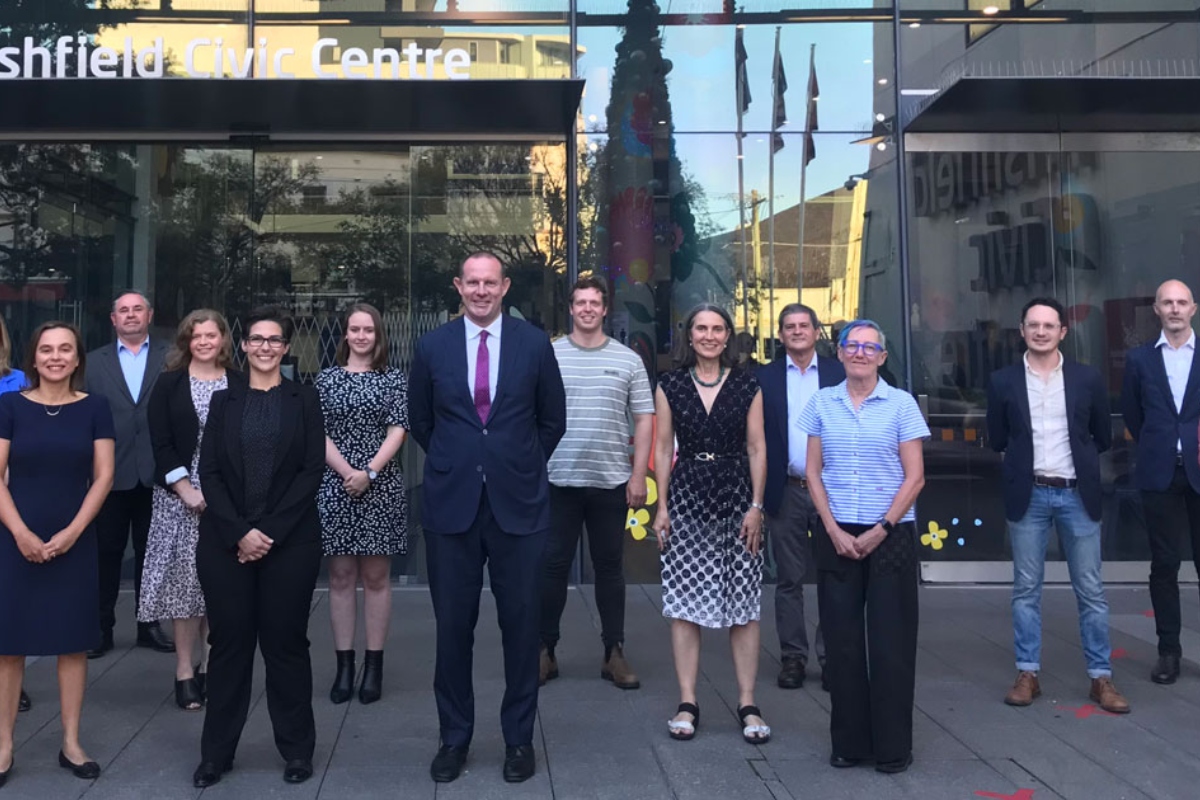Inner West Council weighs in on Emergency Services Levy debate

By ABHA HAVAL.
The NSW Government has caused an uproar by forcing a catastrophic cost increase in the Emergency Services Levy (ESL) for the 2023/24 financial year, putting additional financial stress on local councils and essential community services and infrastructure.
The Inner West Council has strongly opposed the NSW Government’s decision to impose ESL cost increases by carrying a motion to scrap the ESL subsidy for Councils, after the annual budget was released publicly.
The unannounced 73% increase in the State Emergency Services (SES) budget, and 18% increase in the Fire and Rescue NSW Budget substantially disregards the Council’s 3.7% rate increase to provide essential local services and infrastructure projects.
Councillor Justine Langford said, “the ESL increase for local councils is a blatant cost shift by the NSW State Government.”
“The NSW Government is suddenly asking Councils to fund massive rises in emergency services budget, including a 73% increase in the budget allocation of the SES.”
“The levy increase for the State’s 128 councils in 2023/24 is just under $77million.”
“Council’s forced emergency services contribution is manifestly disproportionate to the 2023/24 rate cap.”
“State Emergency Services are vital. It is important that they are properly funded.”
“The last-minute increases in the ESL have put a lot of pressure onto Council’s budget,” she said.
Emergency Services are funded by the Insurance agency, state government, and local councils. With a majority part paid as part of insurance premiums, local councils shoulder 11.7% of the cost and the state government 14.6%.
A spokesperson for Local Government NSW (LGNSW) told City Hub that, “Due to the recent natural causes such as bush fires and flooding, the services cost more. Hence, ESL will cost more.”
“The previous government paid a subsidy to help local councils with their share. The new government is not paying the subsidy.”
Councillor Pauline Lockie said, “In the 2019/20 financial year, legislative changes increased Council’s contribution to the ESL. As this change significantly impacted financial stability of many Councils, the NSW government has been providing ‘one-off’ subsidies to offset these growing levies each year.”
“However, the NSW Government’s recent decision to both substantially increase the ESL and withdraw these subsides is an unexpected cost hit at a time when Council’s are already under immense financial pressure.”
“For the Inner West Council, the impact of the increased, unsubsidised levy is $1.7 million in 2023/24, which is 29% of Council’s total contribution of $5.8 million.”
LGNSW said that the cost increase for some councils would essentially wipe out any IPART approved rate rise, scraping the budget which is already under massive pressure from the impact of the high inflation, wage increases, pandemic, and extreme natural causes.
Various councils including Woollahra Council, as reported by City Hub, have called on the state government to take immediate action to restore the ESL subsidy, and introduce legislation to decouple the ESL from the rate peg, enabling councils to recover the entire cost.
May 14, 2024 |
Grace Johnson
May 13, 2024 |
Grace Johnson
May 13, 2024 |
Grace Johnson
May 10, 2024 |
City Hub Contributor
May 10, 2024 |
Staff Writer
May 9, 2024 |
Staff Writer


